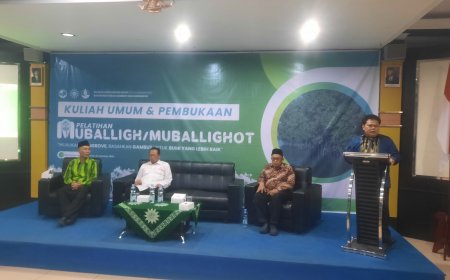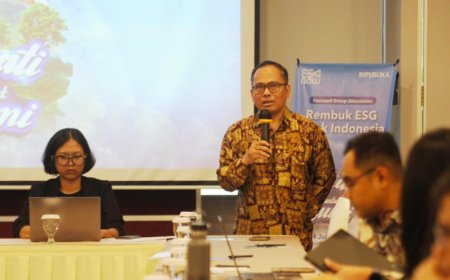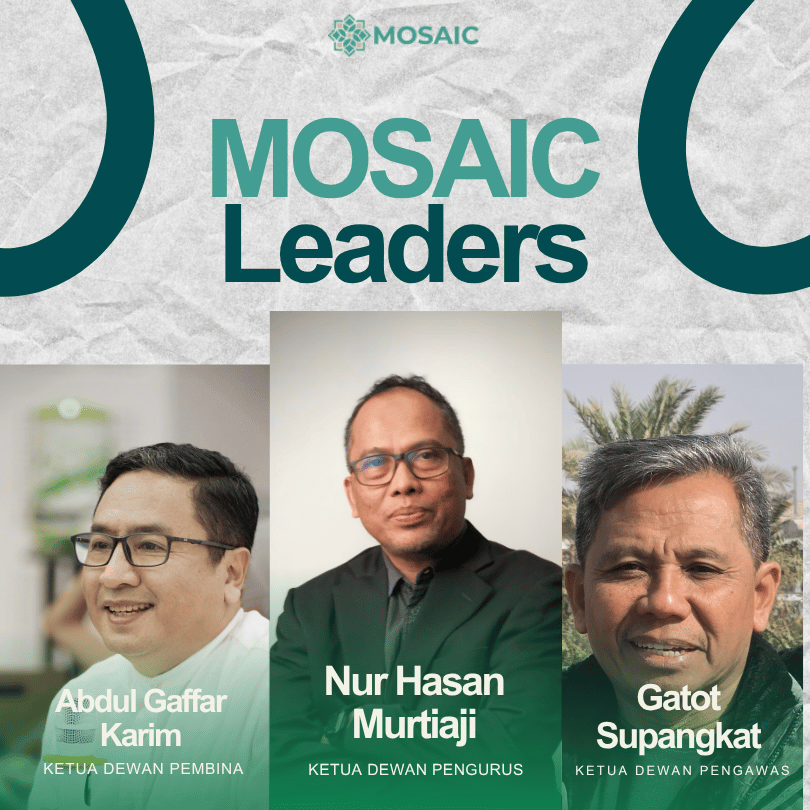Reviving Islamic Philanthropy with Green Program
Arifin assessed that empowerment programs in Islamic philanthropy are actually very possible using an environmental perspective.
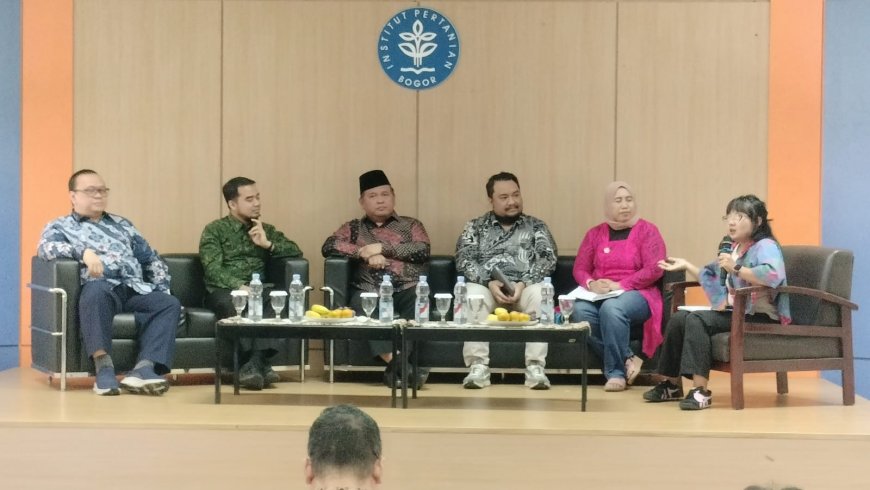
MOSAIC-INDONESIA.COM, BOGOR — The potential of Islamic philanthropic instruments in Indonesia is quite gigantic. Ministry of Religious Affair reveals that there is at least Rp 327 trillion in potential zakat infak alms and waqaf funds (Ziswaf). Although not as large as the potential, the realization value of zakat and waqf has increased somewhat. The Ziswaf Fund and Other Religious Social Funds (DSKL) in 2024 will amount to Rp 26 trillion.
Baznas Deputy M. Arifin Purwakananta said that such funds had not been distributed to green programs. “Most of the funds are channeled to religious societies,” explained Arifin on a talk show at IPB University, Bogor, not long ago.
According to Arifin, the innovation offered to the public is still less than the philanthropy that has been available so far in society. Arifin also encourages students to write green zakat initiatives and ideas so that there are more options for philanthropic institutions to realize green programs.
Arifin assessed that empowerment programs in Islamic philanthropy are actually very possible using an environmental perspective. He exemplified, how the Green Zakat program carried out thanks to the collaboration of Baznas, UNDP, Bank Jambi and the local government runs in Lubuk Bangkar agritourism Village, Sorolangun, Jambi.
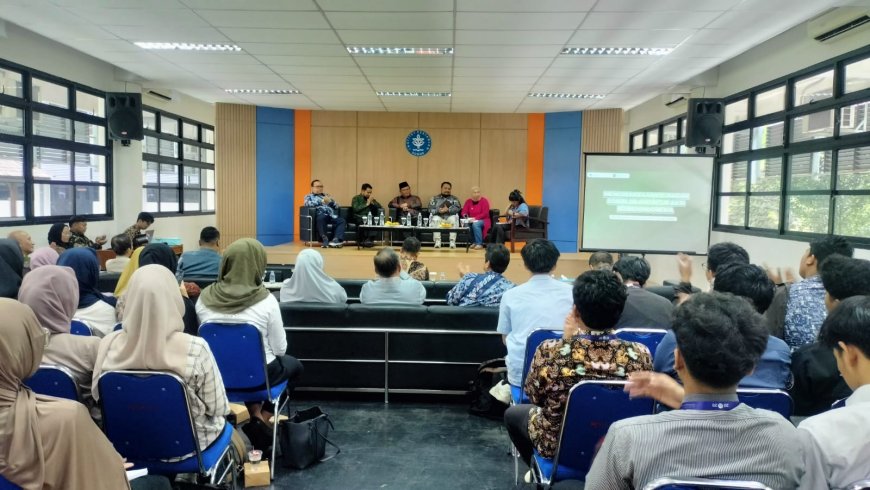
The program was realized in the construction of a unit of Micro Hydro Power Plant (PLTMH) with a capacity of 60 KW which was enjoyed by 2,000 citizens. With the availability of electricity in the village, Baznas then boosted the productivity of the community by developing programs in agriculture, fisheries, MSMEs and coffee processing.
“There is green activity on those two issues (empowerment and the environment). So it takes innovation, how to simplify one big book into one small brochure,” he said.
On the other hand, IPB University is preparing the Green Zakat Framework, an eco-friendly zakat framework that extends the meaning of sharia to halal as well as thoyyib, which is nature-friendly. Dean of the Faculty of Management and Economics of IPB, Prof. Irfan Syauqi Beik, explained that this framework emphasizes environmental aspects in both population and distribution of zakat.
“If we empower mustahik in the culinary field, the management of plastic waste must also be taken into account. So it's not just about kosher, but also the ecological impact,” Irfan said.
According to him, integrating zakat with sustainability requires a collaborative ecosystem, involving zakat institutions, governments, and international institutions. He referenced his experience with UNDP in 2017 in the zakat project in support of the Sustainable Development Goals (SDGs).
These three initiatives, namely energy alms, waqf forests, and green zakat, show that Islamic social finance has great potential as an alternative climate financing mechanism. If integrated, its contribution can go beyond the local scale and have a global impact.
Muslims for Shared Action on Climate Impact (MOSAIC) encourages people to utilize energy alms as a gateway to broader collaboration between communities, zakat institutions, and the digital sector. Chairman of the Mosaic Board of Governors, Nur Hasan Murtiaji, said the program has already distributed solar panels for five mosques through crowdfunding on Kitabisa.com, spread from West Nusa Tenggara, Yogyakarta, West Java, to West Sumatra.
“Of the five mosques, the emissions that were successfully suppressed were about 13.9 tons. The scale is still small, whereas we have more than 800 thousand mosques in Indonesia. The potential is tremendous,” Hasan said at the Islamic Social Finance for Climate Action Forum at IPB University on Thursday (21/8/2025).
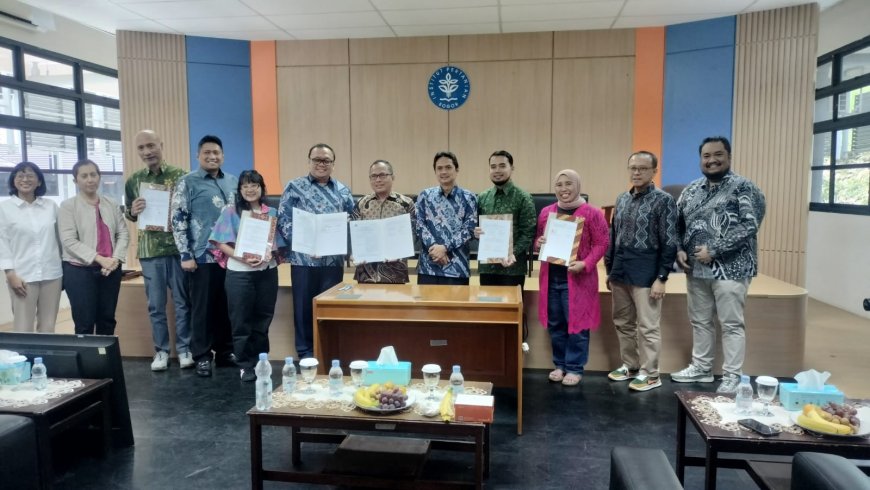
Hasan said the scheme could be more massive if zakat institutions or nazir waqf with grassroots networks were adopted. MOSAIC also opens up opportunities for collaboration with the digital sector, including infak features in e-commerce applications or sharia banking, which so far have focused on general social assistance, not yet geared towards climate action.
In addition to energy alms, the idea of waqf also gave birth to the waqf forest movement that is now growing across the country. The chairman of the Bogor Waqf Forest Foundation, Khalifah Muhammad Ali, said that the program started from a dissertation on the waqf forest that was later realized in Cibunian Village, Bogor, in 2018. Since then, the area of waqaf forest in Indonesia has grown from 12 hectares to 58 hectares, or grown by 380 percent, thanks to public participation and roadshows to a number of regions.
“With Rp 1 billion, we can free up four hectares of land. Waqf forests have proven to be able to absorb up to a thousand tons of carbon per hectare when they are lush,” Khalifah said.
The concept of the waqf forest is now attracting international attention. IPB and partners already provide training to four African countries, while universities in Europe, including Amsterdam and Nottingham, have begun researching the model. “From Bogor, this idea has already spread to Africa and Europe. It's not just a local movement, it's a global movement,” he said.

